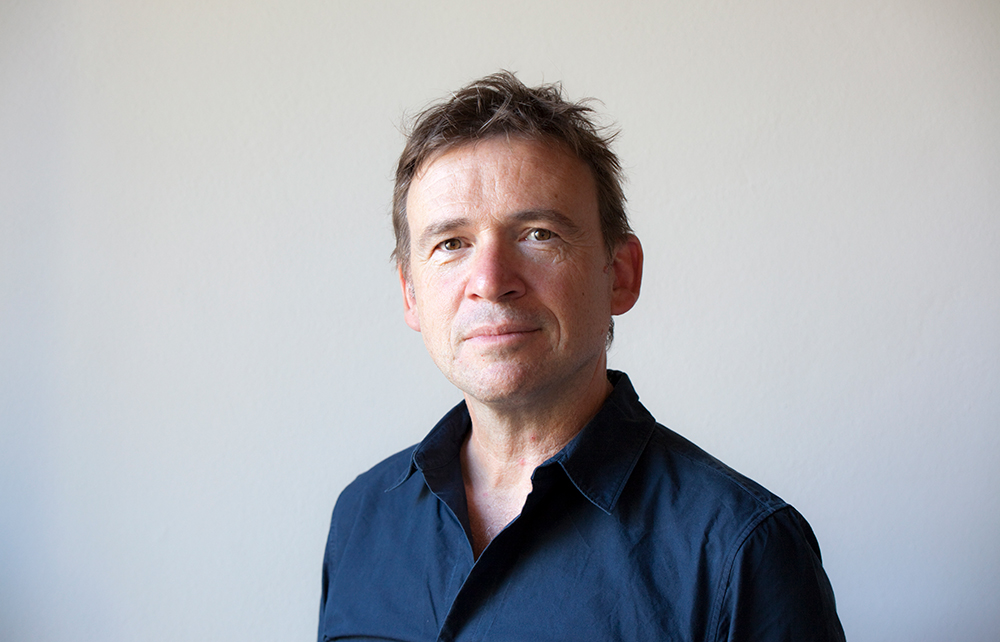Zip up Heathcliff in Gore-Tex, give Cathy laugh-out-loud lines, fold in the poignancy of E.M. Forster, embed quaint maps, blisters, a dash of existential terror and heaps of heartache and you have David Nicholls’s latest novel.
If Nicholls’s One Day (recently adapted for Netflix) is a bildungsroman, then You Are Here explores learning to love again later on in life. In One Day we had Emma and Dexter, and here we have Marnie and Michael. Michael is a 42-year-old geography teacher living in York, and Marnie is a 38-year-old proofreader from London. Both have endured the casual cruelty of broken marriages and have withdrawn into themselves to avoid future hurt. Nicholls captures the vertiginous fear of being left behind in the love game – ‘year by year, friends were lost to marriage and parenthood with partners [Marnie] didn’t care for or who didn’t care for her’ – and the awkwardness of love in middle-age: ‘[Michael was] tongue-tied, a teenager without the alibi of youth.’
The two are forced to leave their lonely cocoons when Cleo, a mutual friend, brings them together on a walking holiday in Cumbria. Of these path-crossed lovers, Michael is a seasoned rambler, whereas Marnie’s only encounters with ‘topography’ are the ‘stains and bubbles’ of her Herne Hill flat. Cue a lot of English weather and swearing. Marnie nobly attempts to seduce a man while hiking: ‘She turned and walked on, attempting to add a certain Monroe-quality to the pendulum swing of her rucksack.’
Love and loneliness may be atavistic feelings but they seem like acute concerns in our age of individualism, urban loneliness, the Dantesque nature of dating apps and demographic decline. You Are Here taps into these themes with the added sting that, as Marnie thinks, adult friendship can feel like ‘a job for which she must continually reapply’. Nicholls has fun with metaphysics. Marnie is a proofreader who can’t edit her awful ex-husband, and Michael lectures about volcanoes but can’t move on from the aftershocks of his past relationship. Like Michael’s beloved strata, this book is full of layers: funny, tender, universal.
Why is intimacy the holy grail of romance rather than just sex? Because we need a witness to our lives. When Michael says that ‘only the cows saw him eat his lunch’, you realise that the best part of a view is somebody (not a cow) to share it with. Marnie jokes to a sexy chemist that ‘we lack pharmacy’, but beyond the word play and humour, You Are Here is an unguent of sorts, as when Michael reflects: ‘While he could still recall his grief at the end of their relationship, it was an emotion that belonged to someone else.’
So, do the two get together at the end? I won’t spoil it for you; but I will say that, like all great rom-coms, the journey that Nicholls takes them on is more meaningful than the destination.







Comments